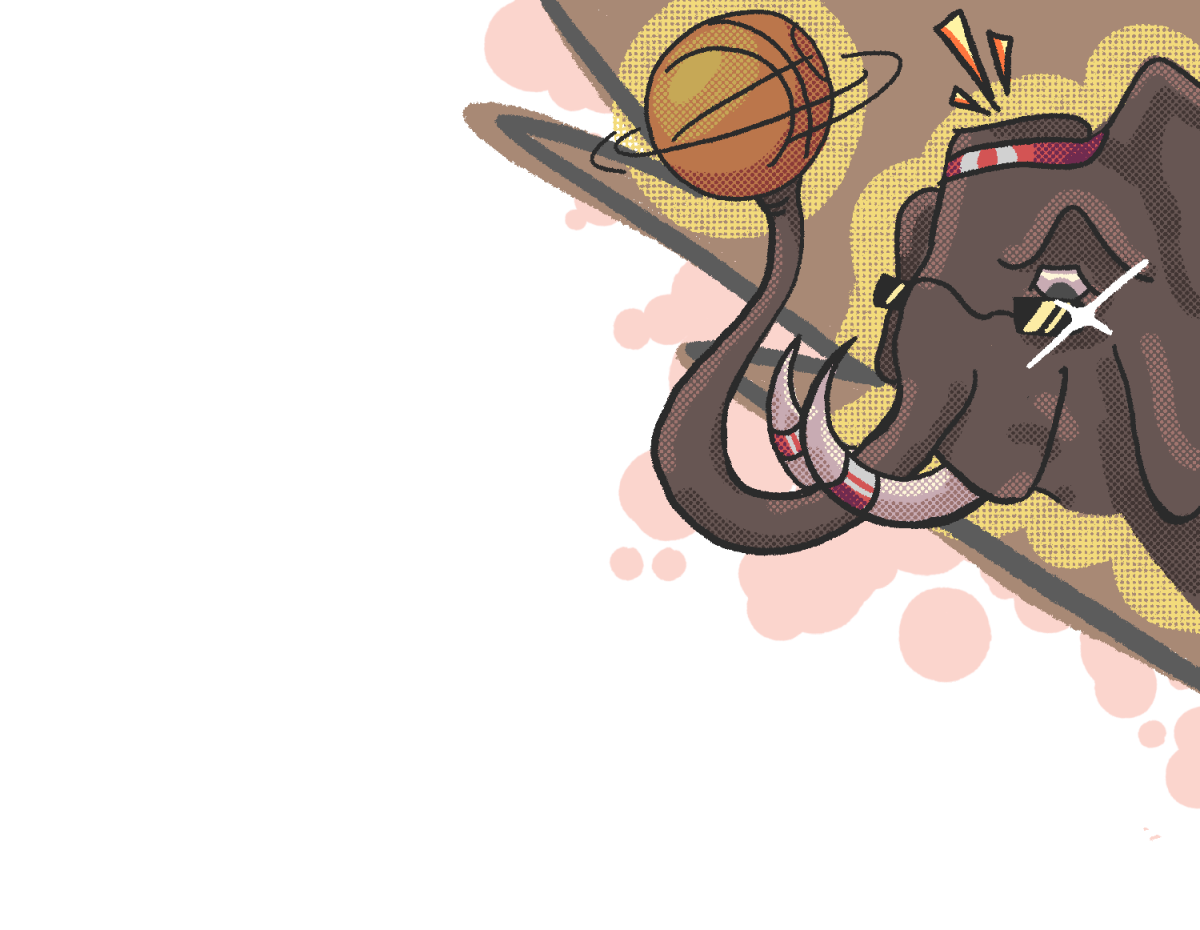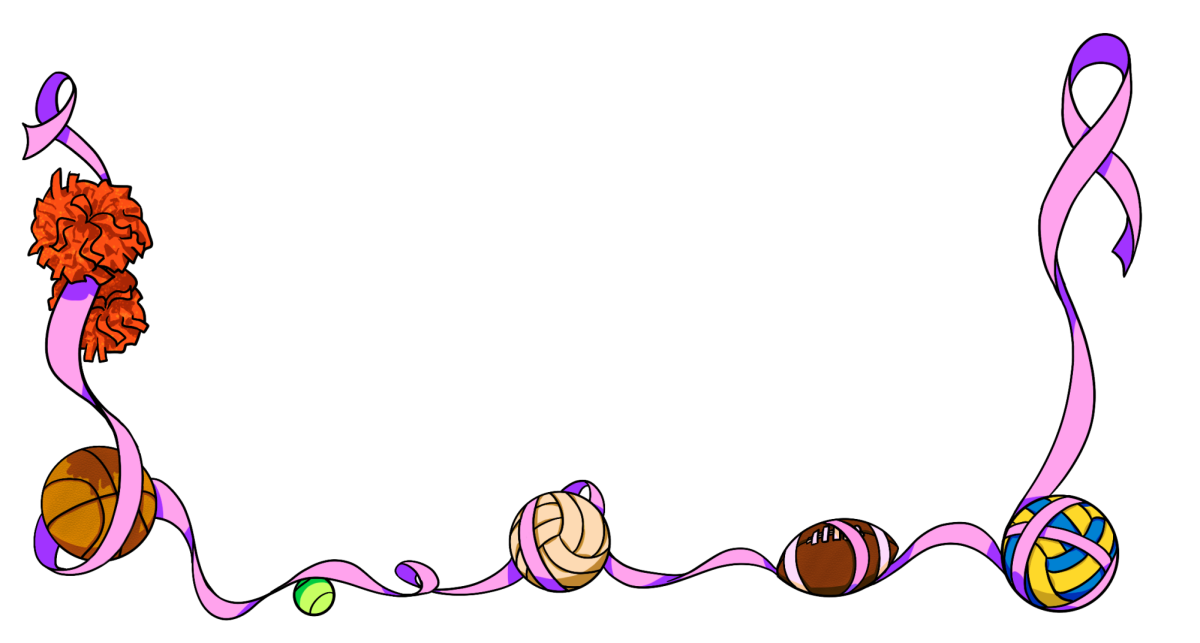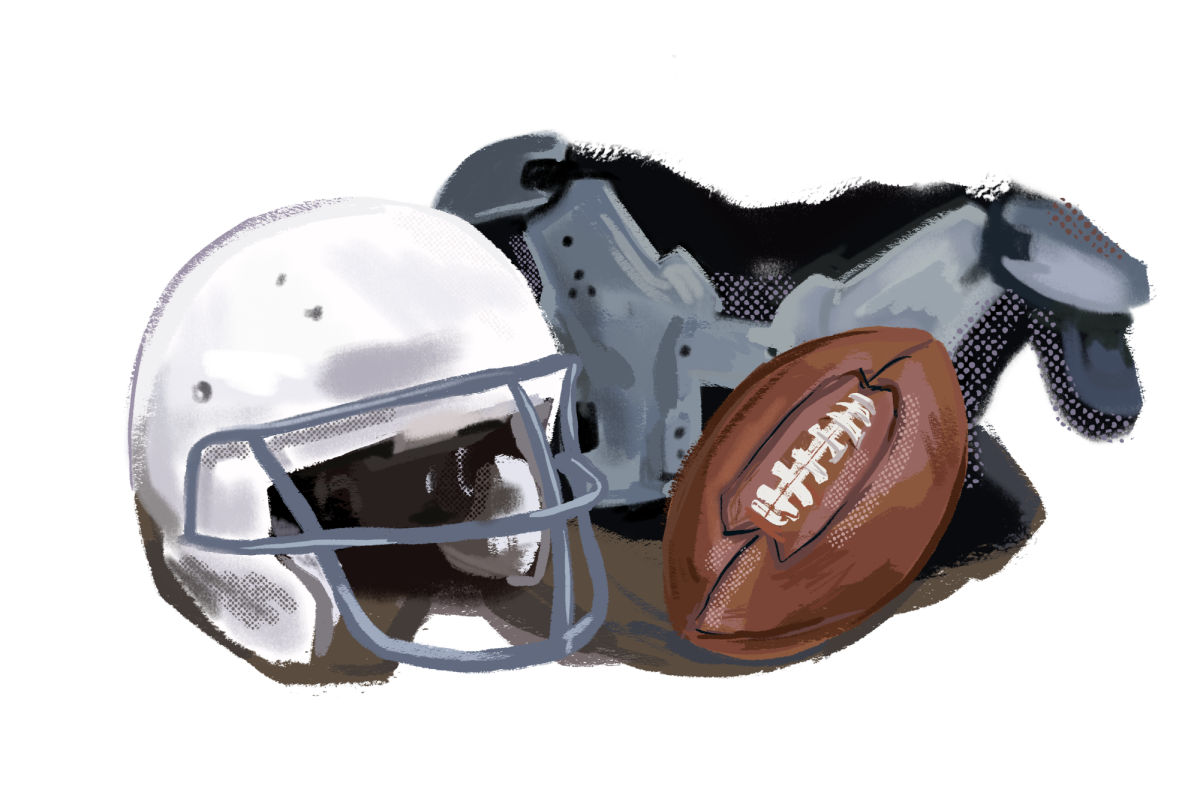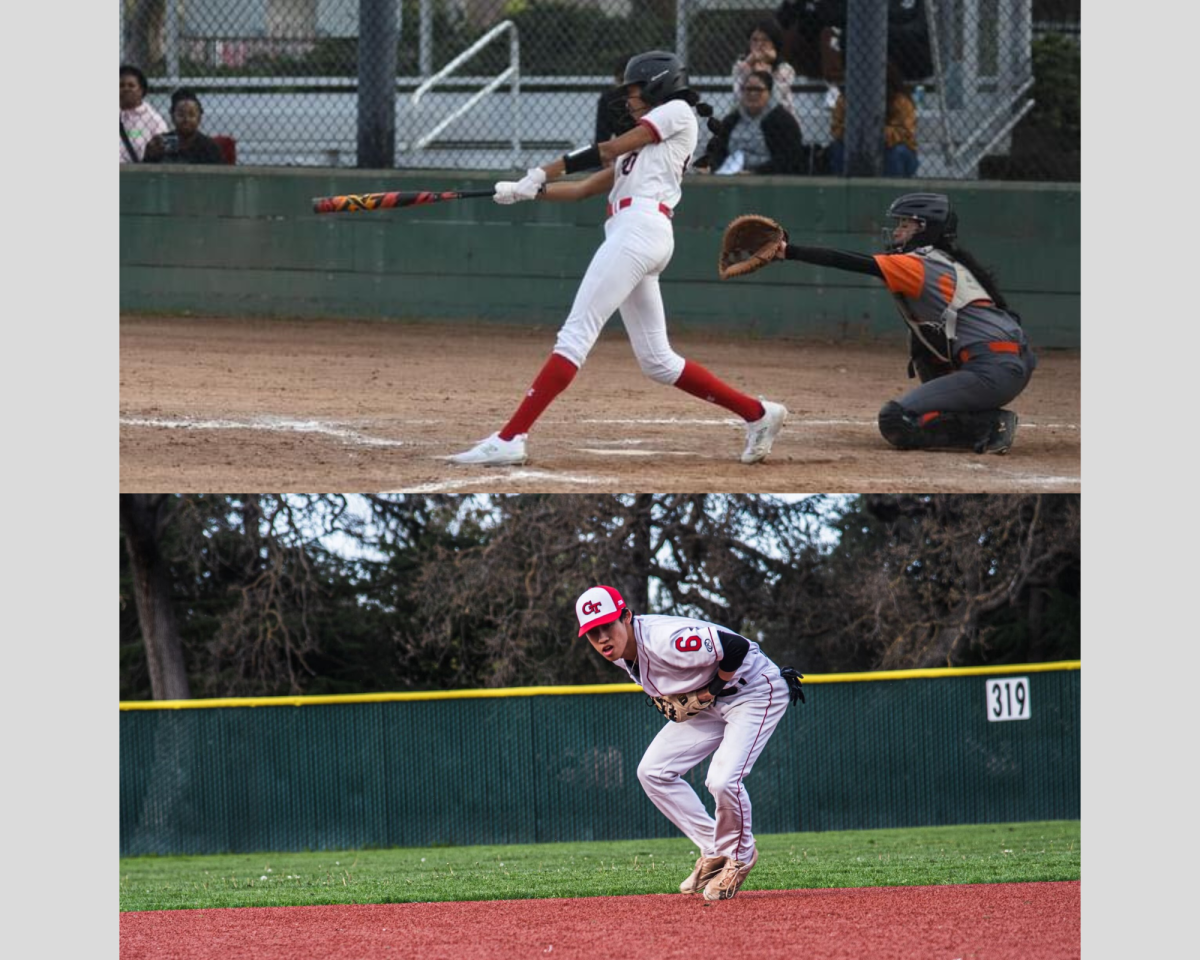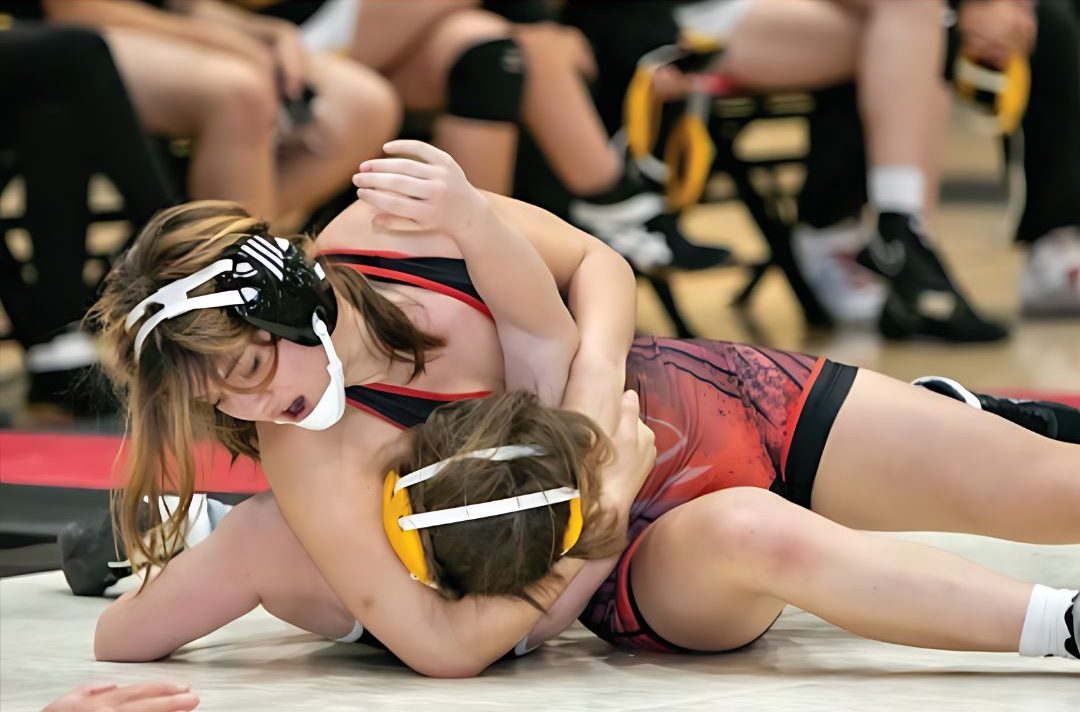Written by Ryan Manesh
There has always been a debate about whether or not National Collegiate Athletic Association (NCAA) athletes should be getting paid money for their careers. Recently, however, the NCAA has been involved in multiple scandals regarding players who have received money for choosing a particular college to play at. While college athletes have the similarly high expectations and heavy pressures as professional players, some receive financial support and others do not, leading to a disparity that needs to be addressed.
Though paying college athletes is illegal, it was not given much thought until recent allegations regarding the University of Arizona arose in February. In the past months, the FBI became involved and wiretapped the Arizona Wildcats basketball coach. The recordings revealed that coach Sean Miller had paid freshman star Deandre Ayton $100,000 to ensure that the young talent came to the University of Arizona. This case revealed many other similar cases in which players received tens of thousands of dollars to be persuaded to go to certain colleges. Many college stars such as Collin Sexton and Dukes Wendell Carter, Jr. have also been paid to join their college team.
A reason that players should be getting paid is that it may increase the graduation rate of schools. Many college players drop out before their senior year due to their eligiblity for the NBA draft. Paying the players may cause the athletes to prolong their college experience. There are many examples of players who were exceptional in the college game, but, when drafted to an NBA team, seemed like a shadow of their college selves. This trend causes many players to get marked as a “bust,” eventually likely to be cut. Not all players would be able to go pro or play overseas: players not continuing with basketball after college need a college degree and education to get a job. Paying college athletes will encourage players who couldn’t play for a professional team, whether due to skill level or career-ending injuries, to stay in school.
Paying players is also fair because they have earned that money. According to the Huffington Post, it is estimated that the average Division I basketball player is worth just over $170,000 a year. On average, Division I programs bring in around $4.5 million a year. It is only fair for the players to get a portion of the money that they bring to the school. But the NCAA as a whole makes even more money. In 2014, the NCAA brought in over $989 million in total revenue. The organization, however, only spent 5 percent of their profits on scholarships. The NCAA generates almost all of its revenue through these college players and for these players to not get paid for their work is unfair.
Those who disagree often argue that scholarships already cover the players’ wages. There are, however, certain schools that don’t offer athletic scholarships. In these instances, it seems even more unfair for athletes to not be compensated for their work. Even among schools that do, scholarships are not nearly enough compensation for these student athletes. College athletes sacrifice a lot of time and energy to serve for their school, and their efforts should not go without financial reward. Even though it would be difficult to compromise on this front, the amount of revenue that colleges are able to collect from their athletes should be partially returned to the players themselves in return for their dedication and athletic services.





